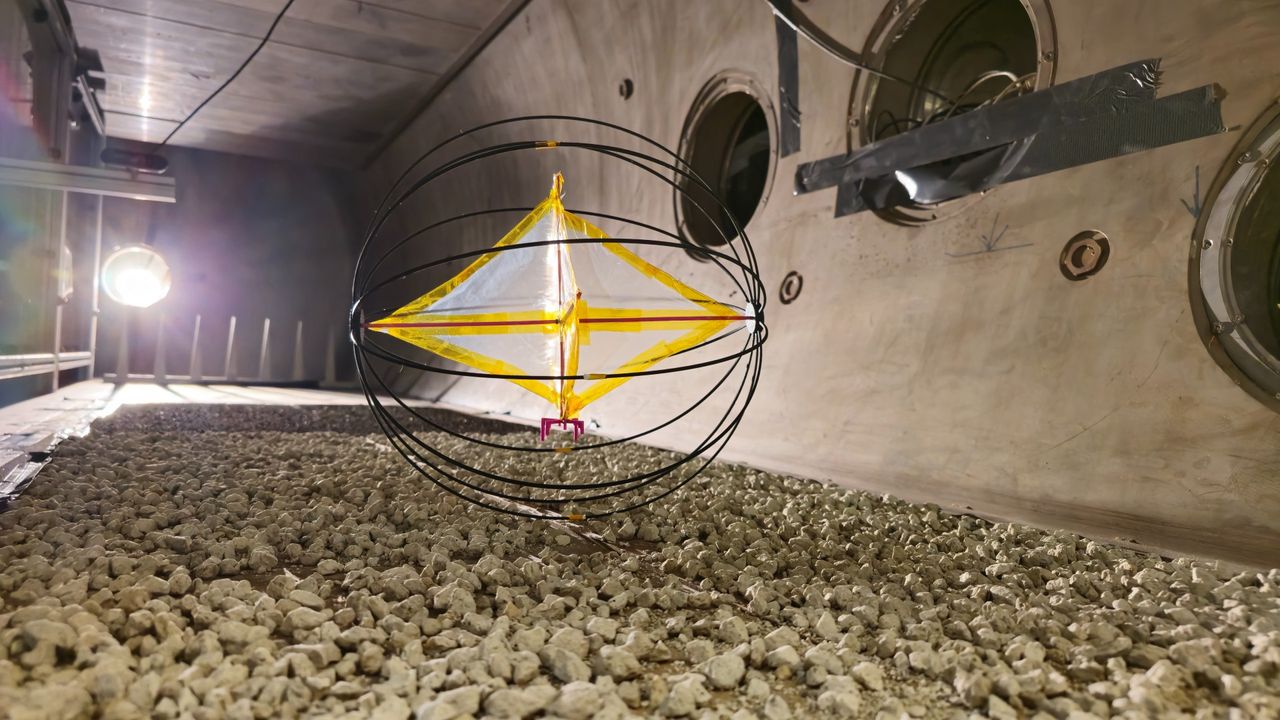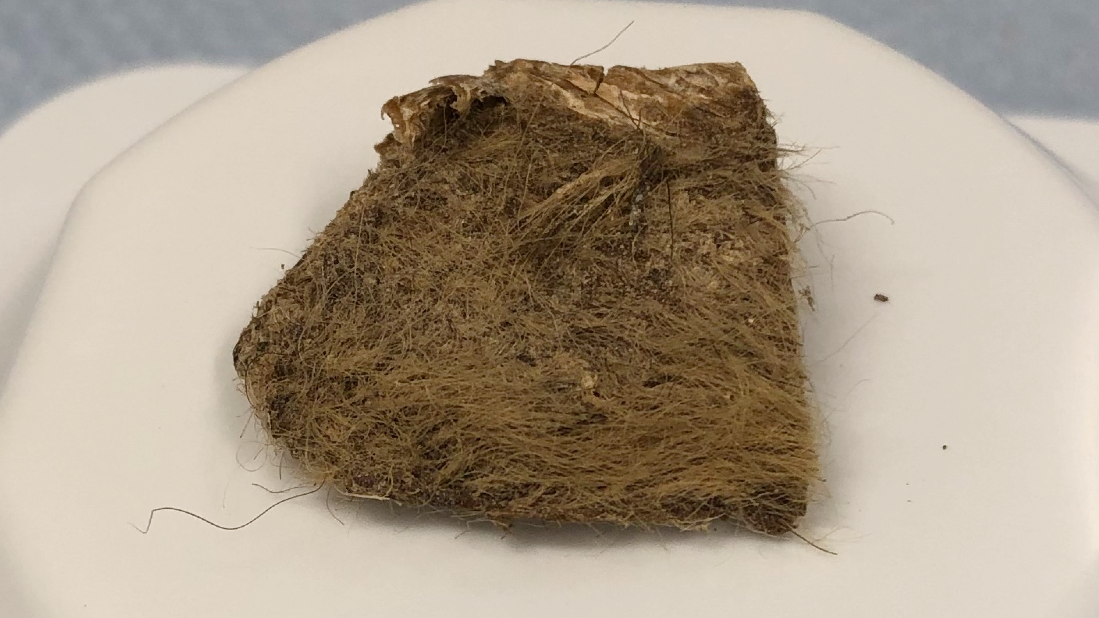Tumbleweed-inspired Mars rovers could be blown across the Red Planet
PositiveScience

Scientists are making exciting progress with tumbleweed-inspired rovers designed for Mars, testing them in a wind tunnel to see how they can be propelled by the planet's strong winds. This innovation could revolutionize how we explore the Red Planet, allowing for more efficient movement across its surface and potentially leading to new discoveries about Mars' environment.
— via World Pulse Now AI Editorial System





